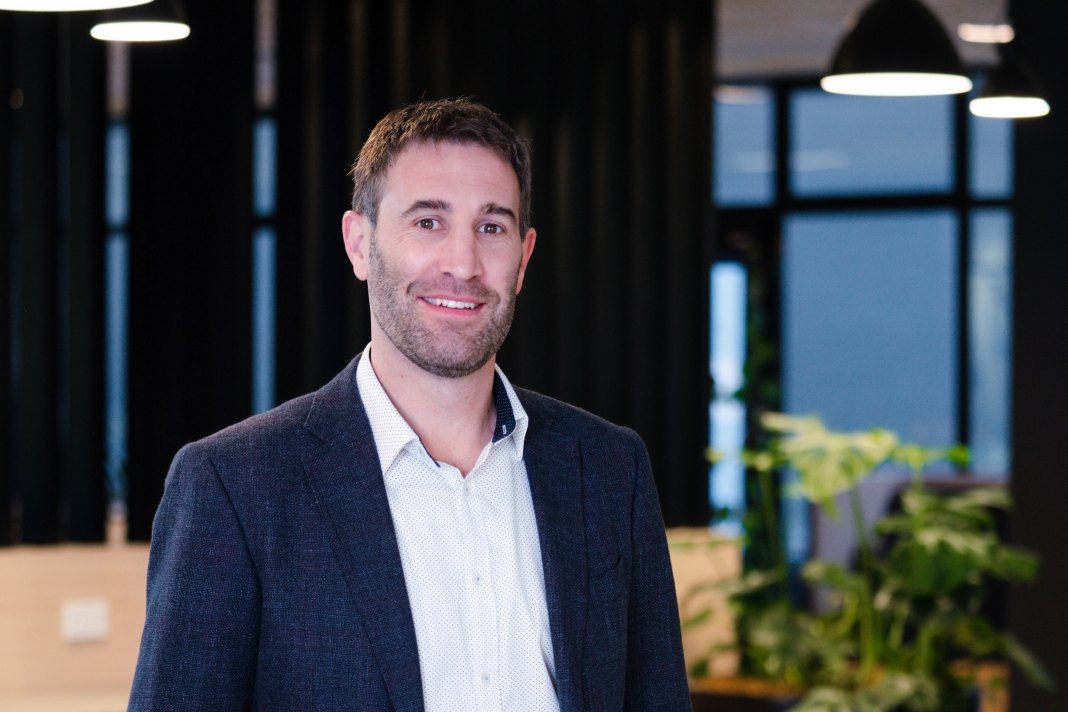PMG has launched the PMG Charitable Trust in direct response to what it describes as “growing financial inequality in New Zealand”.
The trust is focused on enhancing the financial literacy of young New Zealanders and got underway last year. The company, which originated in Tauranga and is now a national property investor and developer, takes the view that it is only by improving financial literacy in young people that it can help create real societal change.
PMG chief executive officer Scott McKenzie noted that the core of the programme is to help enable people achieve the essence of PMG’s core premise in life, which is to create financial freedom for its members.
“Over the years we’ve become aware of the growing gap between those who have it and those who don’t,” he said.
“In essence we’ve now grown to a scale where we have the opportunity and the resources to help and do something about it.”
PMG argues that financial literacy education is severely lacking among New Zealanders. Financial inequality is one of the biggest challenges the country faces this century, it stated.
New Zealand has comparatively low compulsory financial education in schools (only 8 percent). Other OECD nations are at 38 percent, according to figures supplied by PMG.
The company stated that the research was clear there were three gaps in the financial education of young New Zealanders currently.
Secondary students aged 15 – students who are not voluntarily choosing subjects which may relate to financial topics, such as economics and accounting, and are now eligible to be in their first paid employment.
Young adults – school leavers, students, apprentices aged 18 to 25 years.
Young New Zealanders without access to education or employment i.e., those from disadvantaged backgrounds, living with disabilities or in material hardship.
McKenzie said that the awareness about the future of New Zealand and prosperity was now with the country’s youth.
But, he noted, young people don’t always have the tools, and that was not a great thing for New Zealand.
“Our responsibility as a national brand is to play a part in changing that,” he said. “Not so much being an ambulance at the bottom of the cliff, but influencing how we change that and empower change.”
McKenzie said the firm’s obligation was to provide knowledge through the medium of education, which, in its view, is one of the greatest tools to empower children and put them on a better pathway.

Critically important subject
Financial literacy was critically important to young Kiwis, said Brad Olsen, principal economist and chief executive of Infometrics Ltd, who is working with PMG on the project.
“But it’s an area that’s neglected and unconnected to young people’s lives,” he said.
Olsen pointed out that he had always been passionate about finances and economics and that his parents had taught him a lot about finances that he never learnt at school.
“Having some financial capabilities allowed me to position myself strongly in life to go after the things I’m passionate about, and to have fun along the way, all the while building a stronger position for the future,” he said.
“I want to make sure that other Kiwis head down that path too, with financial literacy helping shape their money decisions to support them now and into the future.”
Olsen said that it took time to build that knowledge and ingrain it in people’s lives.
“I thoroughly support the work that the PMG Charitable Trust is doing to get more young Kiwis thinking about their finances and futures.”
Where do they start?
Olsen said data showed that only half of young Kiwis felt in control of their day-to-day finances, and 39 percent don’t know where to start to learn about finances.
“To create more capable Kiwis, we’ve got to have the smarts to look after our money and finances – the work of the PMG Charitable Trust is trying to achieve just that.”

Bridget Lem, who is general manager and trustee of the PMG Charitable Trust, said that it was only by taking a long-term approach to financial literacy education that the project would be successful.
“With the economic outlook for 2023 the way it is, next year more so than ever young New Zealanders need to know how to manage their money well,” said Lem.
“It’s only by taking a long-term approach to financial literacy education that we will be successful.
“That’s why the PMG Charitable Trust intends to be around for many years to come and is working to bring organisations, companies, and individuals in the financial literacy space together to ensure these fundamental life skills are accessible for all young Kiwis.”
Scott McKenzie noted that financial literacy needed to start with youngsters.
“We think through our network and by establishing the charitable trust we can connect people and make it a real fit.”
“There’s a national conversation to have around this – we’ve got to have the basis to even start the conversation around financial literacy.”
Related: PMG Funds: Protect your wealth through inflationary times












